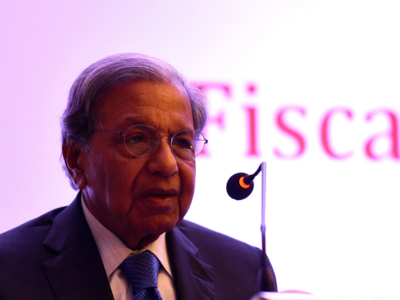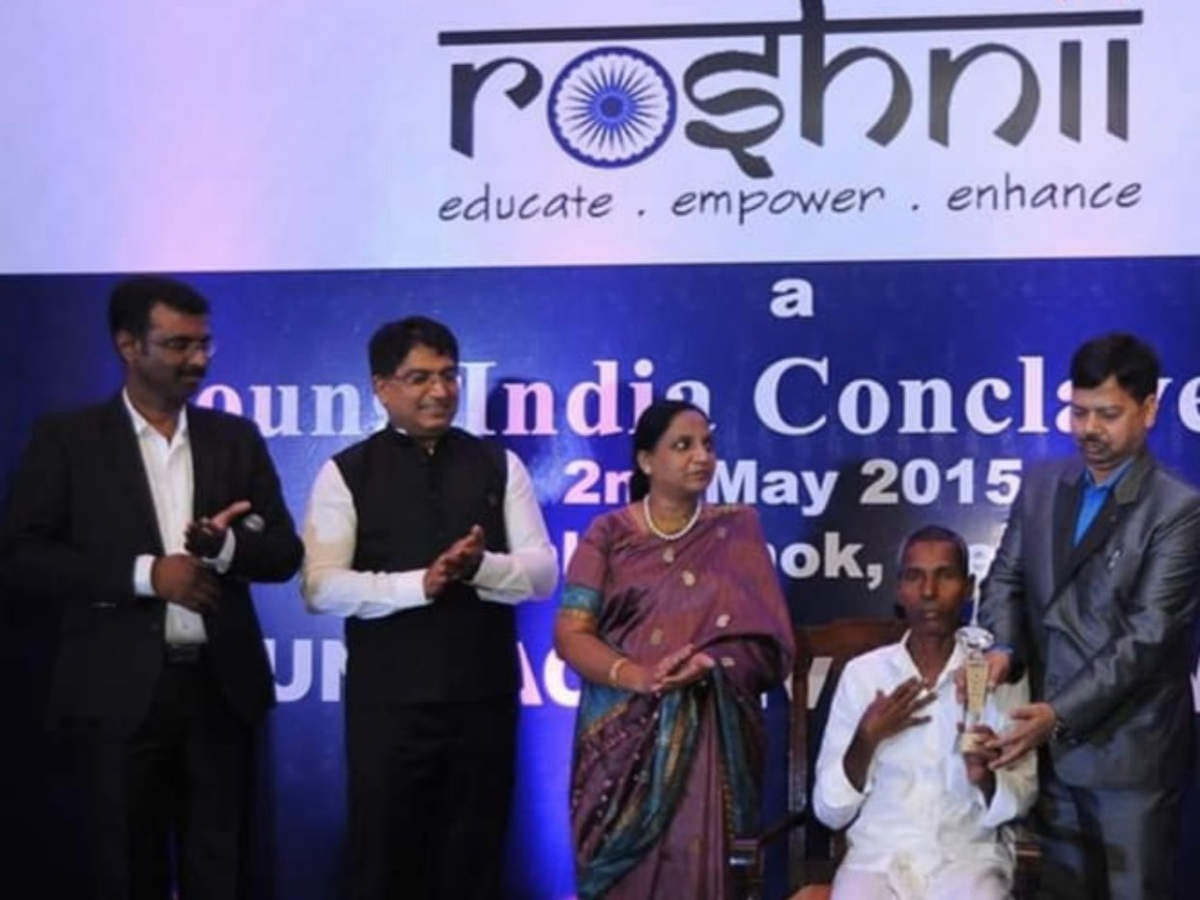
NEW DELHI: The 15th Finance Commission’s first report has been accepted by the government and it is now working on the recommendations for 2021 -2026. The panel’s chairman N K Singh spoke to TOI’s Sidhartha about the way forward. Excerpts:
Are you satisfied with the implementation as most of the recommendations have been accepted?
The acceptance of the report is a reaffirmation of the government’s commitment to principles of fiscal federalism that Prime Minister Narendra Modi has repeatedly talked about. He has assigned the necessary resources not just in accepting the devolution award but also given this huge increase in other segments.
It appears that some southern states are losing out on the transfers from Centre to the states.
It has been our endeavour to recognise efficiency and progress. The performance has been rewarded and the needs of today are being recognised.
There have been a series of demands for grant of special category status. You seem to have put the ball in the Centre’s court.
This is not a shuffling game of putting balls back and forth. This is outside the terms of reference of any finance commission. It is for the central government to decide on the award, or otherwise, of special category status. If there were some misgivings on account of the 14th Finance Commission recommendations, we have clarified that the issue of special category, which arose from the Gadgil award at the time when the Planning Commission existed, was a National Development Council decision and not a finance commission decision.
The overall devolution formula has been left virtually unchanged…
Finance Commissions have never brought down the devolution to states. The 14th Finance Commission had increased the devolution quite sharply but in doing so several other avenues and channels through which states received resources were also done away with after the abolition of the Planning Commission. Taking everything into account, we did not want to tamper with legacy and continuity.
Does that also mean that the formula will remain unchanged for the next five years?
We have clarified that given the uncertainties of some key macro areas, our recommendations in the final report will undergo changes and adjustments in light of subsequent data and analysis.
The report talks about a new law on fiscal issues that the 15th Finance Commission intends to draft. What exactly is the plan?
There is a view that it’s not just about adherence to the path of fiscal consolidation but the credibility of the fiscal numbers, how comprehensive and detailed they are. In all fairness, the finance minister has clarified that it is the same methodology that has been adopted over the years and by successive governments. Our terms of reference state that we have to look at the debt and fiscal trajectory of the central and state governments. I intend to create an expert group to look at this and also at a model legal framework to put in on the best international footing. We will see how we can put in a framework that allows better compliance with the fiscal responsibility law.
You have dealt with off-budget items. Is there an assessment of the scale?
Assessments have been made, but it is not fair to say that the Centre has been in deliberate deviation of not recognising these liabilities. Sometimes people who talk of liabilities do not talk of assets. For instance, we talk of FCI liabilities but we don’t talk about the fact that it’s sitting on piles of assets and food grains, which are not valued at zero.
Are you satisfied with the implementation as most of the recommendations have been accepted?
The acceptance of the report is a reaffirmation of the government’s commitment to principles of fiscal federalism that Prime Minister Narendra Modi has repeatedly talked about. He has assigned the necessary resources not just in accepting the devolution award but also given this huge increase in other segments.
It appears that some southern states are losing out on the transfers from Centre to the states.
It has been our endeavour to recognise efficiency and progress. The performance has been rewarded and the needs of today are being recognised.
There have been a series of demands for grant of special category status. You seem to have put the ball in the Centre’s court.
This is not a shuffling game of putting balls back and forth. This is outside the terms of reference of any finance commission. It is for the central government to decide on the award, or otherwise, of special category status. If there were some misgivings on account of the 14th Finance Commission recommendations, we have clarified that the issue of special category, which arose from the Gadgil award at the time when the Planning Commission existed, was a National Development Council decision and not a finance commission decision.
The overall devolution formula has been left virtually unchanged…
Finance Commissions have never brought down the devolution to states. The 14th Finance Commission had increased the devolution quite sharply but in doing so several other avenues and channels through which states received resources were also done away with after the abolition of the Planning Commission. Taking everything into account, we did not want to tamper with legacy and continuity.
Does that also mean that the formula will remain unchanged for the next five years?
We have clarified that given the uncertainties of some key macro areas, our recommendations in the final report will undergo changes and adjustments in light of subsequent data and analysis.
The report talks about a new law on fiscal issues that the 15th Finance Commission intends to draft. What exactly is the plan?
There is a view that it’s not just about adherence to the path of fiscal consolidation but the credibility of the fiscal numbers, how comprehensive and detailed they are. In all fairness, the finance minister has clarified that it is the same methodology that has been adopted over the years and by successive governments. Our terms of reference state that we have to look at the debt and fiscal trajectory of the central and state governments. I intend to create an expert group to look at this and also at a model legal framework to put in on the best international footing. We will see how we can put in a framework that allows better compliance with the fiscal responsibility law.
You have dealt with off-budget items. Is there an assessment of the scale?
Assessments have been made, but it is not fair to say that the Centre has been in deliberate deviation of not recognising these liabilities. Sometimes people who talk of liabilities do not talk of assets. For instance, we talk of FCI liabilities but we don’t talk about the fact that it’s sitting on piles of assets and food grains, which are not valued at zero.
Download The Times of India News App for Latest Business News.
more from times of india business
Business News
LATEST VIDEOS
More from TOI
Navbharat Times
Featured Today in Travel
Quick Links
ELSS Mutual Funds BenefitsIncome Tax Refund statusWhat is AssochamITR Filing Last DateHome Loan EMI TipsHome Loan Repayment TipsPradhan Mantri Awas YojanaTop UP Loan FeaturesIncrease Home Loan EligibilityHome Loan on PFTax Saving Fixed DepositLink Aadhaar with ITRAtal Pension YojanaNita AmbaniIndian EconomyRBIAadhaar CardSBIReliance CommunicationsMukesh AmbaniIndian Bank Ifsc codeIDBI Ifsc codeIndusind ifsc codeYes Bank Ifsc CodeVijay Bank Ifsc codeSyndicate bank Ifsc CodePNB Ifsc codeOBC Ifsc codeKarur vysya bank ifscIOB Ifsc codeICICI Ifsc codeHDFC Bank ifsc codeCanara Bank Ifsc codeBank of baroda ifscBank of America IFSC CodeBOM IFSC CodeAndhra Bank IFSC CodeAxis Bank Ifsc CodeSBI IFSC CodeGST
Get the app







